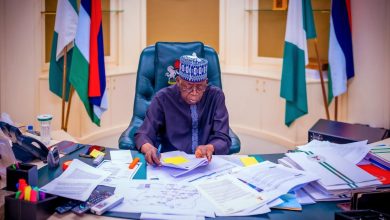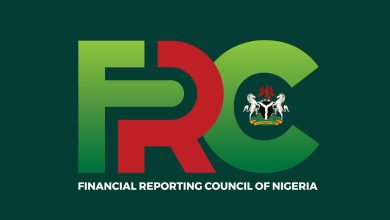China Warns of Rising Global Trade Tensions, Defends Open Market Approach at Summer Davos
China’s Premier Li Qiang says growing trade barriers are hurting the global economy.
He told world leaders at the WEF that countries must work together, not act alone.
Chinese Premier Li Qiang has issued a stark warning about escalating global trade tensions, asserting that protectionism is on the rise and posing serious risks to economic recovery. Speaking on Wednesday at the opening ceremony of the World Economic Forum (WEF) in Tianjin, dubbed the “Summer Davos,” Li stressed the importance of international cooperation amid deep shifts in the global economy.
“Protectionist measures are significantly increasing, and global economic and trade frictions are intensifying,” Li told delegates, who included top officials such as Singaporean Prime Minister Lawrence Wong. His comments appeared to be a veiled critique of the United States, particularly the tariffs imposed by President Donald Trump on Chinese goods.
Li emphasized that in today’s interconnected world, no country can prosper in isolation. “The global economy is deeply integrated,” he said. “What we need is not the law of the jungle where the weak fall prey to the strong, but cooperation and mutual success for a win-win outcome.”
China reaffirms support for global trade system
In his speech, Li cast China as a committed defender of a multilateral, rules-based international trading system. This message echoed sentiments shared by President Xi Jinping a day earlier during his meeting with Singapore’s Wong in Beijing. Xi also called for a collective stand against “hegemony” and rising protectionism, reinforcing Beijing’s diplomatic stance amid mounting geopolitical and economic tensions.
The remarks come as concerns grow about the global economic outlook. WEF President Borge Brende told AFP that the full implications of U.S. tariffs on the world economy are still uncertain, adding that the era of traditional globalization may be giving way to a decade of slower growth.
China pushes for domestic growth amid external pressures
Despite external challenges, Li offered an optimistic view of China’s economy. He claimed that China’s steady growth continues to support global economic recovery, even as the country grapples with slowing expansion and subdued consumer confidence.
“We are stepping up our efforts to implement the strategy of expanding domestic demand,” Li said. “This is promoting China’s growth into a major consumption powerhouse based on the solid foundation of a major manufacturing powerhouse.”
Beijing has set an ambitious growth target of around five per cent for 2025, a goal that many economists have called difficult given the current headwinds. Since late 2024, Chinese authorities have introduced a series of stimulus measures, including interest rate cuts and policies aimed at reviving the property market. However, analysts say the effectiveness of these measures has been mixed.
Leah Fahy, China Economist at Capital Economics, noted in a recent briefing that the Chinese economy is expected to slow further in the coming months, particularly as trade pressures from the U.S. intensify and factory output struggles to regain momentum.
A changing global landscape
The Tianjin WEF summit took place at a time when global trade is facing more obstacles and economic partnerships are changing. The event highlighted how fragile globalization has become. As China presents itself as a force for stability, the forum gave leaders a chance to rethink how countries can work together in today’s more divided global economy.



